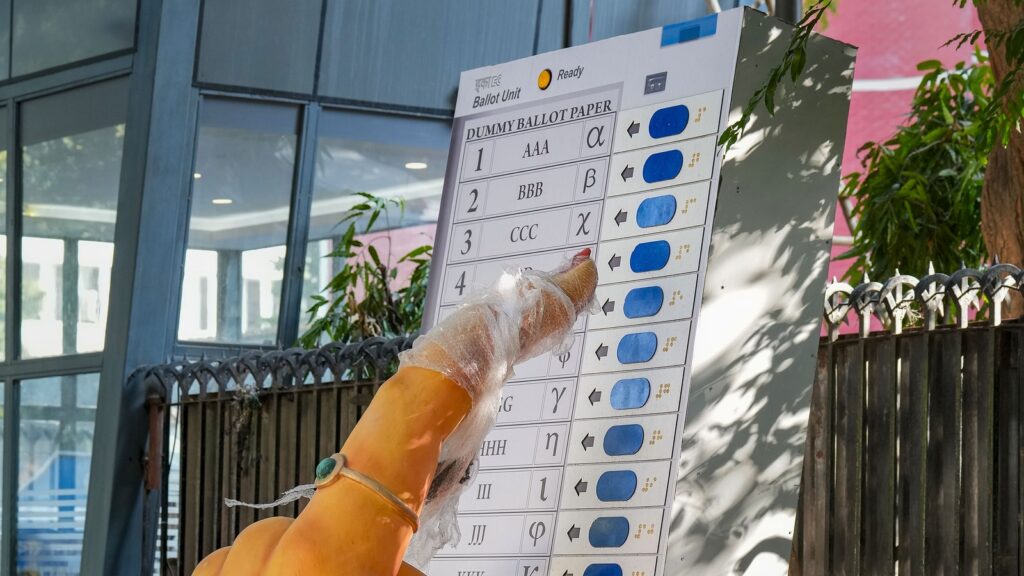The Rajya Sabha elections on Tuesday, coming after the dishonourable Chandigarh mayoral polls, reveal a crisis in India’s electoral democracy, especially the party system which is its cornerstone. All three states that held RS polls reported cross-voting of legislators; in Himachal Pradesh, this has ballooned into a major political crisis that may even lead to a change of leadership. At the outset, the cross-votings seem like a case of bungling by the Congress leadership in Himachal, and the events in UP can be attributed to the decline in the authority of SP and BSP leadership. In Karnataka, the ruling Congress was the beneficiary of cross-voting. But the malaise is more than a reflection of infighting within the parties or weak leadership: The events suggest a moral corruption perpetrated by unscrupulous leaders and legislators, who have scant respect for the processes in a democracy and the mandate.
The Rajya Sabha elections on Tuesday, coming after the dishonourable Chandigarh mayoral polls, reveal a crisis in India’s electoral democracy, especially the party system which is its cornerstone. All three states that held RS polls reported cross-voting of legislators; in Himachal Pradesh, this has ballooned into a major political crisis that may even lead to a change of leadership. At the outset, the cross-votings seem like a case of bungling by the Congress leadership in Himachal, and the events in UP can be attributed to the decline in the authority of SP and BSP leadership. In Karnataka, the ruling Congress was the beneficiary of cross-voting. But the malaise is more than a reflection of infighting within the parties or weak leadership: The events suggest a moral corruption perpetrated by unscrupulous leaders and legislators, who have scant respect for the processes in a democracy and the mandate.
On the one hand, there is the ambitious BJP which wants to win every election everywhere — the end seems to justify the means for the party. Opposition parties allege that the weight of the State, including investigating agencies, and patronage, including the lure of public office, are offered to destabilise their governments. Indeed, states such as Karnataka, Maharashtra, MP, and Goa have seen governments pulled down and rebuilt through defections in recent years. On the other hand, it is evident that the Opposition is lacking in the ability to keep its flock together, with their legislators ever willing to look for greener pastures, ideology be damned. Together, they have set in motion a crisis of legitimacy that may lead to erosion in public trust in democracy.
The political party is central to electoral democracy in India. Votes are sought in the name of a party and its ideology, not merely the candidate. This logic underlies instruments such as the anti-defection law and parliamentary concepts such as the whip. However, politicians seem to have forgotten the dialectical relationship between the party and the legislator: Legislators have no qualms about ignoring the mandate and shifting parties. Parties have contributed to this state of degeneration by becoming undemocratic platforms, where it is fealty to the leader or dynasty, and not commitment to a movement or ideology, that matters. Not surprisingly, many politicians have turned into bounty hunters in pursuit of pelf, position, and protection. The consequences can be devastating.
Continue reading with HT Premium Subscription
Daily E Paper I Premium Articles I Brunch E Magazine I Daily Infographics


